Consortium to provide PBL training as partner in Remake Tomorrow
As one of 17 grantees partnering with The Grable Foundation on a $1.4 million initiative aimed at learning innovation, the Consortium for Public Education will launch a training program to support early-career teachers in using Project-Based Learning (PBL).
“Our goal as part of this initiative, and with our overall program, is to catalyze a PBL culture in our region that will emphasize a growth mindset and life-long learning among educators,” said Sarah Brooks, one of three Consortium Program Directors who design and teach our PBL training sessions.
Working in collaboration with Intermediate Unit I, the Consortium will implement the training region-wide.
“We’re very proud to partner with the Consortium in this critical area,” said Don Martin, Ed.D., Executive Director of Intermediate Unit 1, one of the state’s 29 regional district support organizations. “We know from empirical data that exposing students and educators to PBL changes the culture and climate of learning.”
PBL isn’t emphasized in education degree programs, if it is included at all. But it’s seen as critical to training a new generation of teachers because it can help students better grasp the relevance of regular classroom lessons and engage them more deeply in learning. PBL also can provide students with better preparation for the workplace because the soft skills it cultivates often are as important to employers as academic and technical strengths.
“PBL propels instruction to be more student-centered, elevating each learner’s unique strengths, perspectives, and experiences,” said Aaron Altemus, another of the three Consortium Program Directors who collaborate on our PBL training.
“By honoring every student’s experience and bringing in students as co-learners with the educator, PBL also implicitly creates an inclusive environment in the classroom,” added Christy Kuehn, PhD, the third of our instructors.
The Consortium has become known for a unique approach to PBL and has done trainings both for educators in Pennsylvania and out-of-state. Among other reasons, its program incorporates design-thinking and encourages practitioners to build their practice, using the central elements of PBL individually as engagement tools during regular classroom lessons and in various combinations for projects as they move toward full-scale PBL assignments.






